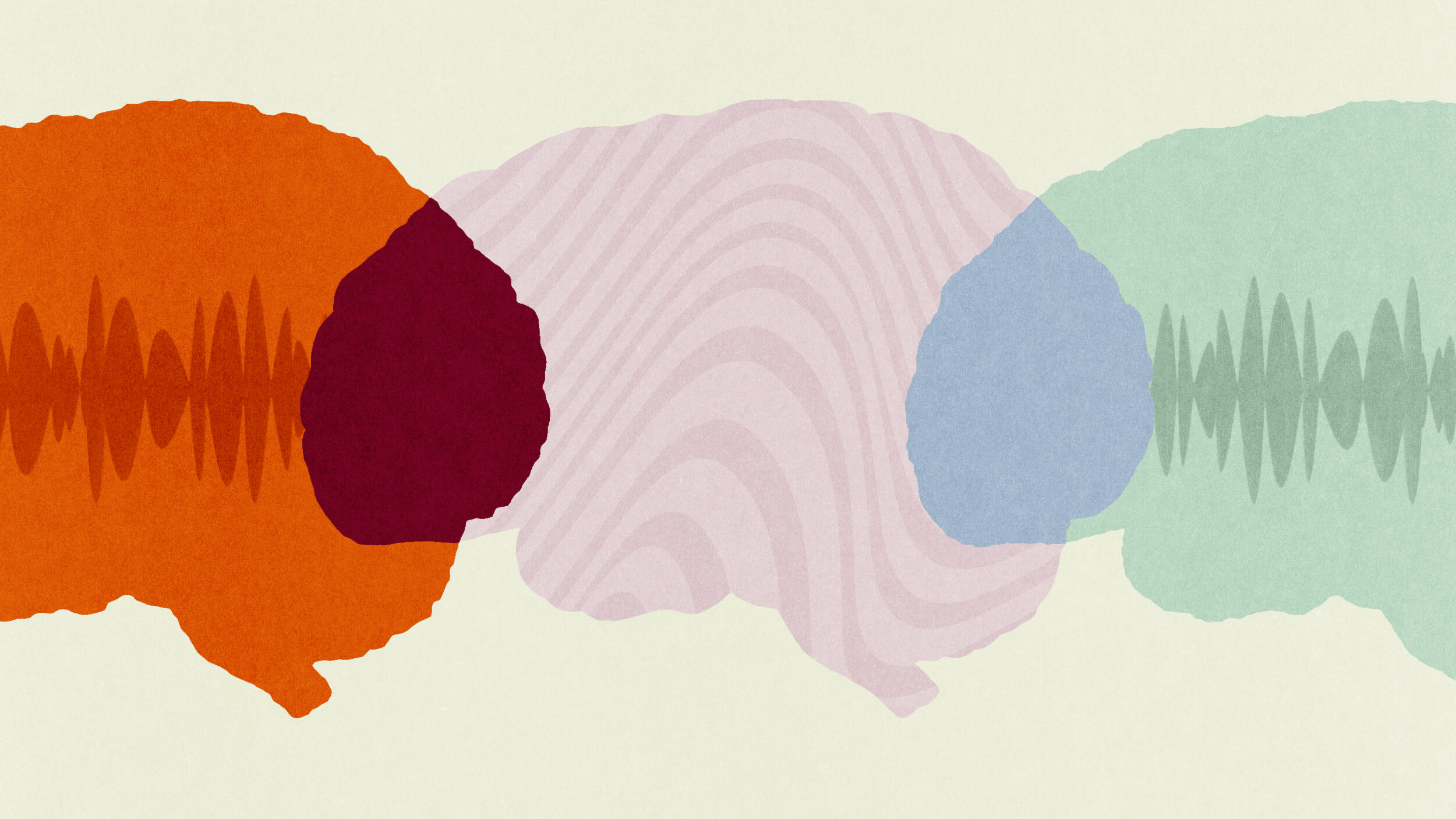Cognitive psychologist Steven Pinker argues that while the Enlightenment idea of using knowledge to enhance human well-being is not inherently natural to us, it is vital for societal progress.
One obstacle standing in front of greater progress centers on game theory, particularly situations involving the tragedy of the commons. The tragedy of the commons describes a predicament in which individuals independently pursue their own interests, leading to the overexploitation and eventual depletion of a shared resource, ultimately harming everyone’s well-being.
According to Pinker, one example of a tragedy of the commons is publicly shared beliefs. An individual might be incentivized to believe in something because it will make them look good to other people. But if enough people behave in this way, the likely consequence is that fewer people will be incentivized to earnestly search for truth.
Still, Pinker maintains a hopeful outlook. He cites advancements in science and morality as evidence of progress, and he argues that humanistic values hold an inherent advantage, as they appeal to universal human desires and shared experiences.
STEVEN PINKER: The ideals of the Enlightenment - that we can use knowledge to improve human well-being- aren't particularly natural. For most of our history and pre-history, there was no knowledge that you could act on to do things like reduce infection, reduce tribal warfare, or to extend life. Until recently, that would've been a crazy thing even to hope for. So it's not intuitive, and there's always a tendency toward backsliding.
For example, there's the blowing off of scientific findings, of the efficacy of vaccines, the reality of climate change. The war in Ukraine, another bloating of enlightenment values: the idea that the ultimate good is the lives of people. For Putin, maybe several hundreds of thousands of people dying, their schools, their hospitals, their apartments reduced to rubble, small price to pay for the glory and the avenging of the humiliation of the Soviet Union. We're not wired for enlightenment humanism, but nonetheless, we ought to endorse it. We ought to advance it. We ought to remind ourselves of what's so great about it.
One idea that is essential to make sense of our current predicament comes from 'game theory.' Game theory is: What's the rational thing to do if you are in a situation where the outcome depends on what other rational people do. And the 'Tragedy of the Commons' is a game-theoretical predicament where what everyone does that's rational for them leaves everyone worse off when everyone does it. There are lots of situations in which tragedies of the commons confront us: If I wait for the bus in the rain instead of driving my SUV, I'm not gonna save the climate, so it makes sense for me to take the SUV. Well, if everyone thinks that, then we're all in danger of being cooked. An additional arena in which that we have a tragedy of the commons is rationality itself. You got a person who thinks, "Should I believe this, or should I believe that? Well, if I believe this, I will be a hero in all the people that matter to me." Another member of the group thinks that and another member and they all think, "Well, if you doubt that, then you're making us look kind of stupid and evil." And if everyone believes that, then you can have two sides, each of which kind of individually rational in the sense that each one gets the respect of his buddies, his pals, his colleagues, but the whole society is worse off because you just have warring tribes instead of a joint search for the truth. In the case of the rationality comments, you want the commitment to truth as more important than a slogan that makes your side look good in order for everyone to enjoy what is objectively good for everyone.
With all of the threats from the identitarian left and the populist right and the nationalist leaders and the religious fundamentalists, is there any hope? Civilization, in general, tends to drift slowly in directions of greater rationality. Our science really does know more than it did 50 years ago or 100 years ago. A lot of superstitious beliefs have been marginalized. Not just factual beliefs, but moral beliefs. Slavery, thank goodness we don't have that debate anymore, but 150 years ago our country did. Disenfranchising women, criminalizing homosexuality, segregation of schools. The list goes on of things where we really have made progress. Humanistic values have a kind of built-in advantage when you think about them in that they're the only things that you can defend when you have a negotiation with someone who is like you. We'd all rather be alive than dead. We'd rather be healthy than sick. We'd rather be educated than ignorant and illiterate. There's a long list of things that we share because we are human, despite all of our differences in race and religion and ethnicity and nationality- enlightenment humanism is just appealing to that common humanity. It's not particularly intuitive, but it always has that built-in advantage.







